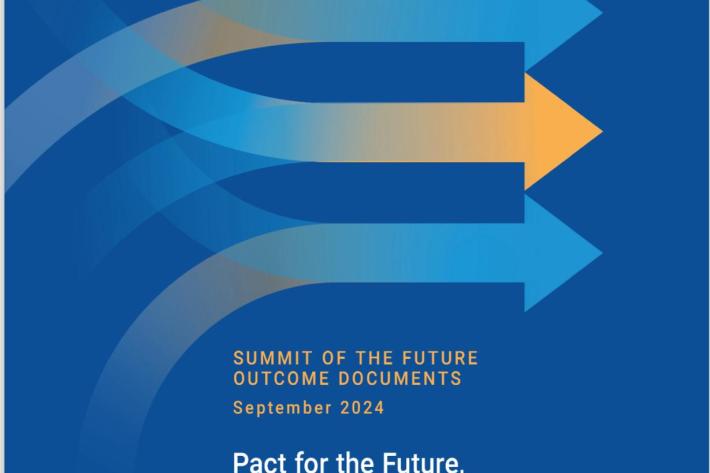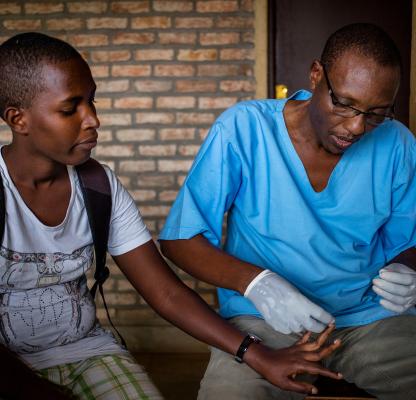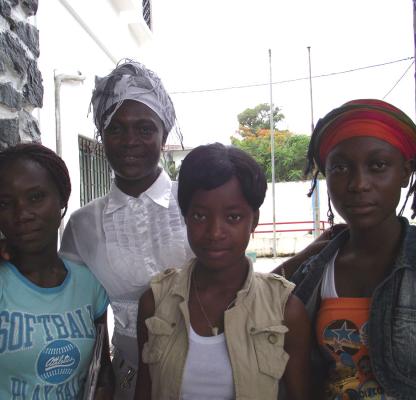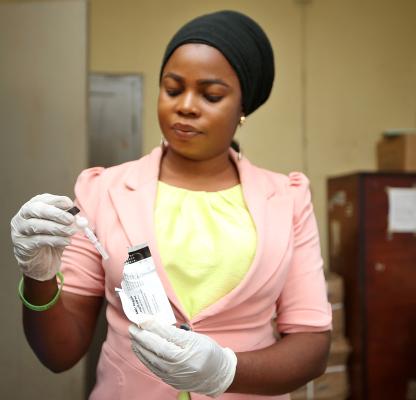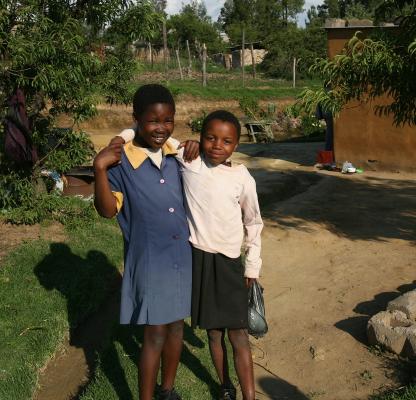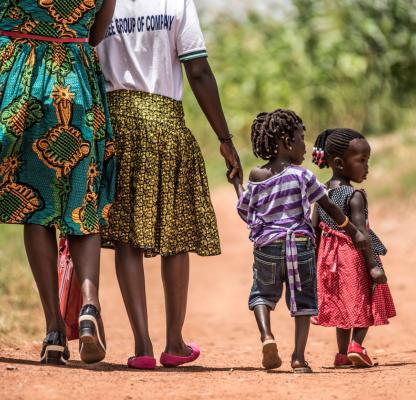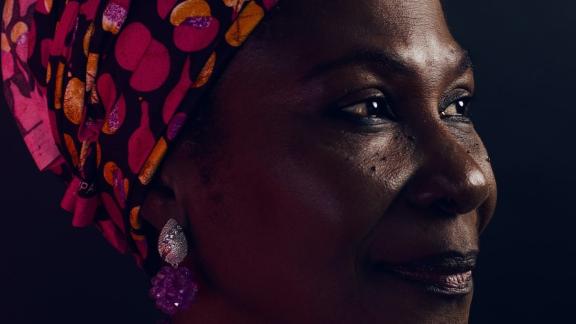
Latest Blogs
A selection of blogs from across the Federation

The Battle of Reframing: How anti-choice groups manipulate language to try to control the narrative
Reframing is one of the most powerful tools we have. Anti-choice movements have nefariously hijacked terms like “life” and “choice,” but we must reclaim them with accuracy and power.
30 January 2018
Withdrawal (also known as 'pulling out') is when the a penis is removed from a vagina before ejaculation. Learn more
23 January 2018
On 23rd January 2017, President Trump signed an order reinstating the Global Gag Rule (GGR). An order that has denied millions of US dollars in vital funding to organisations who did not sign the order that targets abortion. IPPF visited Burundi to document the impact of the GGR on the ground.
16 November 2017
For the first time men and adolescent boys, sexual and reproductive healthcare needs are put in the spotlight.
26 July 2017
Civil society organizations like IPPF and our partners are renewing our efforts to work in partnership to ensure the commitments are translated into reality.
12 June 2017
Every year, hundreds of millions of women in Sub-Sahara Africa travel to their local health clinics to receive regular contraceptive inje
17 May 2017
Women and girls are disproportionately affected in humanitarian crises and face multiple sexual and reproductive health challenges in these contexts. IPPF has been providing much needed support to vulnerable communities through our global federation of member associations, who provide contextualised, timely and tailored interventions drawing on local partners' knowledge and expertise. However, recent shifts in the global political landscape are concerning and threaten to undermine IPPF's mission and impact on the ground.
12 March 2017
Millions of women and girls will not have the right to choice.
02 March 2017
Access to education, the right to make choices about your own body – these are things many of us take for granted.
27 February 2017
Access to family planning is limited in Uganda and the contraceptive prevalence rate stands at only 30%.
15 October 2016
.p { text-align: justify; align: left; } Uganda has one of the highest















